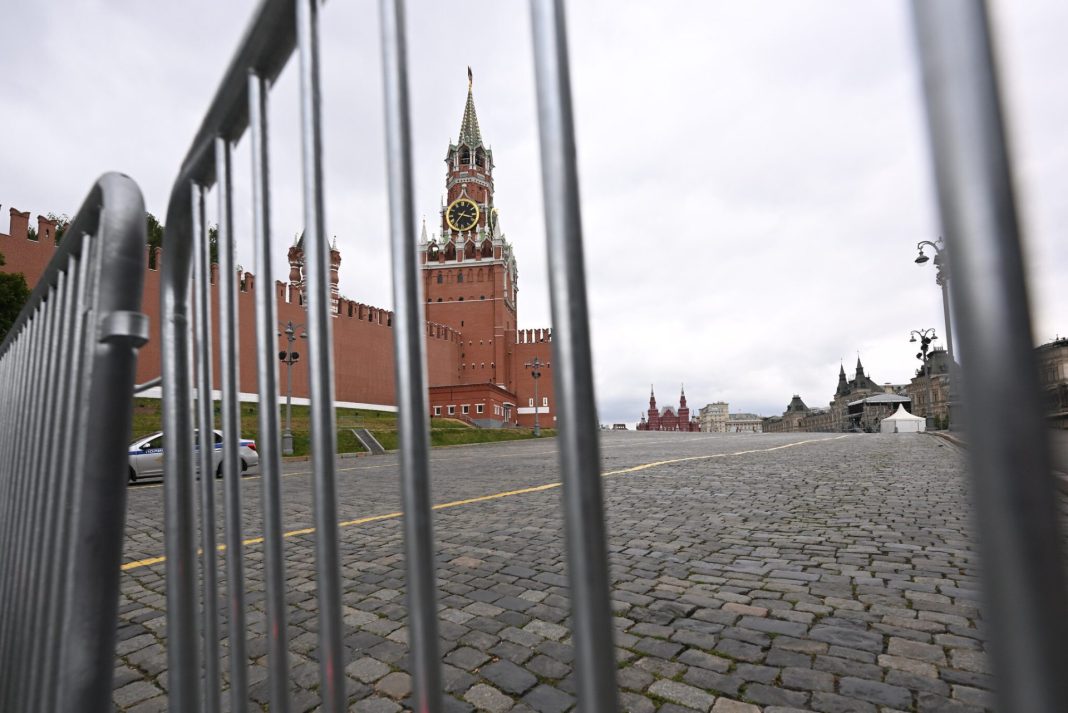It remains unclear if the use of the word signals an official policy change, as the spokesman had previously argued that only President Vladimir Putin can make such decisions.
Washington’s refusal to allow former US marine, UN weapons inspector and RT contributor Scott Ritter to travel to St. Petersburg was “the latest manifestation of the rabid campaign to prevent US citizens from interacting with the Russian Federation” – which would only be “understandable” if it was somehow related to his former intelligence status, Peskov told journalists on Tuesday.
“We are now an enemy country for them – much like they are for us,” Peskov added, while acknowledging that restrictions applying to former intelligence officers, especially on travel “to a hostile country,” are common across the world.
The Kremlin previously called the United States and other Western countries that have supported and armed Ukraine and imposed sanctions on Moscow as “unfriendly states” or “opponents”.
The shift in language follows Washington’s decision to let Kiev use American-supplied weapons against targets inside Russia, beyond what the US considers Ukrainian territory.
In March, Peskov noted that Moscow objects to US officials who insult President Putin, but that in general there is “no anti-American sentiment” in Russia. He expressed hope that “sooner or later the realization that the peoples of America and Russia are not enemies will eventually come”.
Putin said in January that the elites of Western countries were the true enemy of Russia, while Ukraine is a mere tool in their hands.
“The point is not that they are helping our enemy, but that they are our enemy,” the Russian president stated, arguing that the conflict between Moscow and Kiev was orchestrated by Western elites who seek to inflict a “strategic defeat” on Russia.
Last month, Putin reiterated that “the entire Western community is working for our enemy, dreaming about Russia ceasing to exist in its current form”, but stopped short of branding any particular Western state an ‘enemy’.
Former Russian President Dmitry Medvedev, who now serves as deputy chair of Russia’s Security Council, and several other hawkish officials, have repeatedly branded Moscow’s adversaries as “enemies” over the past two years – but Peskov previously said that only President Putin can “formulate and state Russia’s official foreign policy position”.
